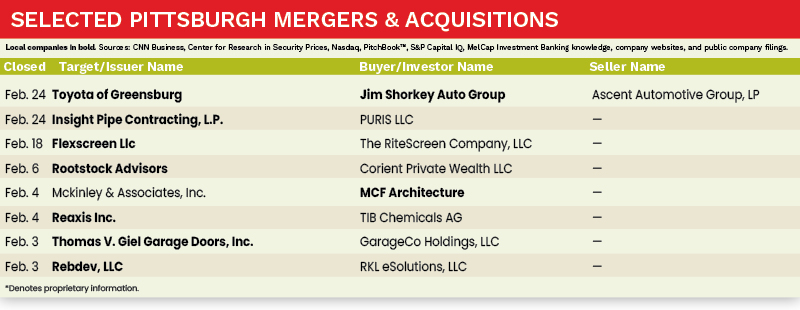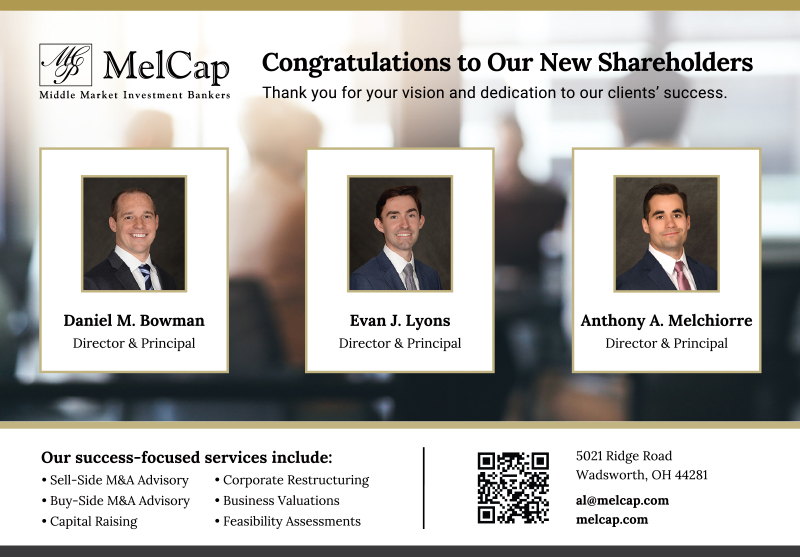
After being in the business world for over 40 years, I have had the good fortune of being on both governance and advisory boards. Both board structures play a key role in setting strategy and direction for a business, and ensure that an organization is legally and operationally sound. But there are important differences.
A governance board is responsible for overseeing the overall direction, management and strategic goals of an organization. It has legal and fiduciary responsibilities to ensure that the organization operates in the best interests of its stakeholders. Its members — which comprise both internal and external members, including independent directors and the company’s executives — are typically accountable for organizational decisions and ensuring compliance with laws, regulations and ethical standards. They approve major decisions such as budgets, strategic plans and executive appointments, and can be held liable for poor decisions or neglecting responsibilities. Governance boards often have a legal structure, with clear requirements for composition, and members are usually appointed, serving based on the organization’s bylaws and governance structure.
An advisory board, typically made up of subject matter experts, industry veterans, or professionals, provides non-binding advice, guidance and insights based on the expertise of its members, but does not have the formal responsibility or legal obligations that a governance board holds — for example, it doesn’t have decision-making authority.
Advisory board members do not have fiduciary duties or legal responsibilities to the organization, and are not legally liable for the organization’s performance or decisions. Members are often chosen for expertise rather than the ability to govern, and membership is typically more flexible, with individuals joining based on knowledge, experience, or industry connections.
Although governance boards are important, I have found that advisory boards, if structured properly, can have a greater impact on the growth of a business. Advisory board meetings are key, but meetings outside of the more “formal” board meetings are equally as important, as they often include board experts working with a counter-part executive to advise and assist the executives in the execution of key strategic decisions that were made during the advisory board meeting. The combination can be transformational for implementing the growth initiatives of the business for all of its stakeholders.
M&A Market Activity
In February 2025, U.S. deal volume experienced a decline, down 7.3 percent compared to February 2024. Despite a slight decline, M&A activity is expected to rise, fueled by steady interest rates, improving macroeconomic conditions, and the strategic adjustments made by dealmakers in response to the higher interest rate and overall regulatory environment. Recent and anticipated interest rate reductions are poised to benefit both financial and strategic acquirers, enabling them to capitalize on favorable economic conditions and seize strategic growth opportunities.
The Pittsburgh M&A market experienced a 27.3 percent decrease in activity in February 2025 compared to the same period in 2024. Pittsburgh-based companies MCF Architecture and Jim Shorkey Auto Group, all completed acquisitions during the month of January.
Deal of the Month
In February, TIB Chemicals announced the acquisition of Pittsburgh-based Reaxis Inc. Reaxis is a manufacturer of specialty metal additives for a variety of markets including coatings, adhesives, sealants, elastomers, metal finishing, advanced battery applications and glass. Dr. Brett Allen, president of Reaxis, said of the transaction, “We are thrilled about the reunion of Reaxis Inc. and TIB Chemicals, two companies with a strong presence in metal chemicals and catalysts. With Reaxis now part of the TIB family, we are well-positioned to enhance and expand our technical solutions to meet market demands.”
Sources: CNN Business, Center for Research in Security Prices, Nasdaq, PitchBook™, S&P Capital IQ, MelCap Investment Banking knowledge, company websites, and public company filings.
Albert D. Melchiorre is the president and CEO of MelCap Partners LLC, a middle-market investment banking advisory firm. For more information on MelCap Partners, please visit www.melcap.com or email [email protected].


